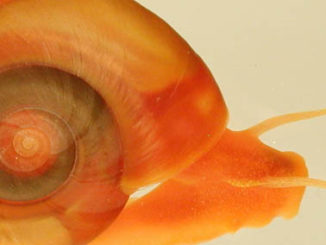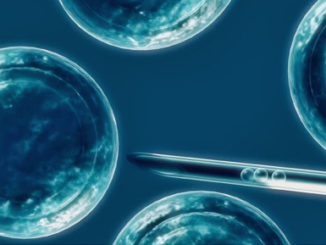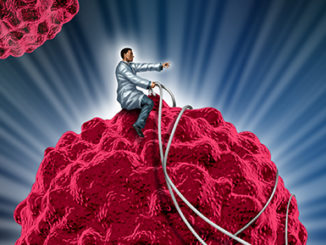Pregnant Moms’ Exposure to Pollution May Epigenetically Increase Child’s Asthma Susceptibility
Exposure to environmental pollution, such as diesel exhaust or concentrated urban air particles, during pregnancy could increase a child’s risk of developing asthma via epigenetic mechanisms. Recent research in the Journal of Physiology – Lung Cellular and Molecular Physiology suggests that this allergic susceptibility might even be epigenetically passed down for several generations. Asthma forms as a result of the complex interaction between someone’s genes, epigenetic marks, and the environment. Epigenetics, the study of how chemical tags impact the expression [more…]










